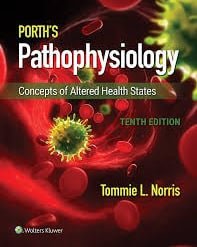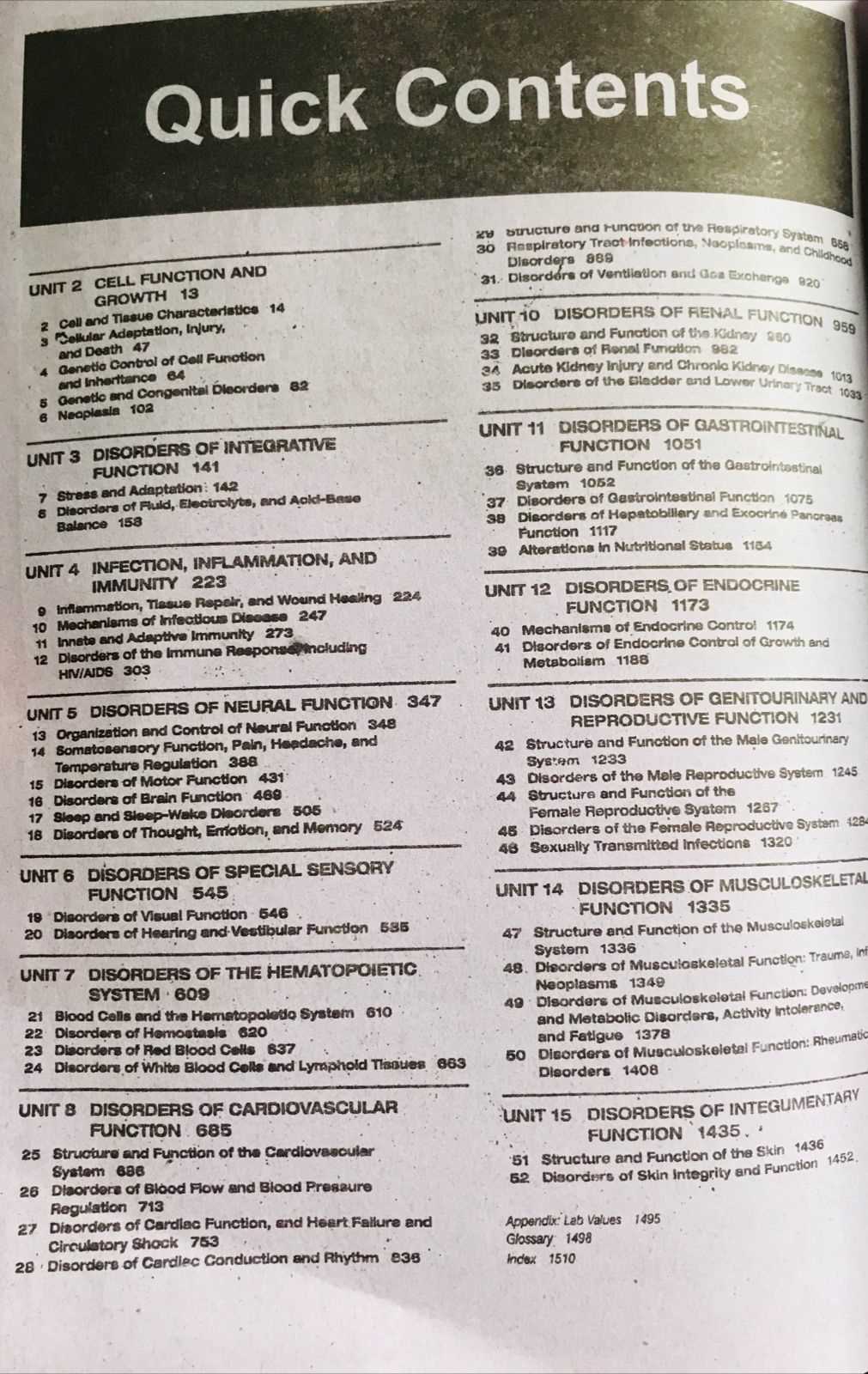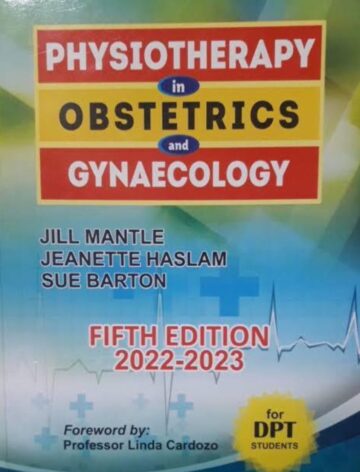Porth’s Pathophysiology
CONCEPT OF ALTERED HEALTH SCIENCES
Format : newspaper
Price : 2400….. Discounted price: 1495
Edition: 10TH
Volume: 2 voulmes
Pak Medical Books & Services
We deal in all kind of medical books
Delivery all over Pakistan
🛒 Place your order Now
📞 0313-4709195
www.pakmedicalbooks.com
Introduction
Pathophysiology is a crucial field of study within the realm of medicine and healthcare. It forms the foundation for understanding the changes that occur within the body as a result of disease or injury. By delving into the intricacies of pathophysiology, healthcare professionals can better diagnose and treat patients, ultimately improving patient outcomes.
Defining Pathophysiology
Key Concepts in Pathology
- Homeostasis: Homeostasis is the body’s ability to maintain a stable internal environment despite external fluctuations. Pathophysiology often begins when the body’s homeostatic mechanisms fail, leading to disruptions in normal function.
- Etiology: Etiology refers to the study of the causes or origins of diseases. Understanding the etiology of a disease is essential for effective prevention and treatment strategies.
- Pathogenesis: Pathogenesis delves into the process of disease development, encompassing the sequence of events that occur from the initial causative factor to the manifestation of clinical symptoms.
- Cellular and Molecular Alterations: At the cellular and molecular level, pathophysiology explores how diseases impact cells, tissues, and organs. This includes cellular damage, inflammation, genetic mutations, and changes in cellular signaling pathways.
- Clinical Manifestations: Pathophysiology helps explain the signs and symptoms that patients present with. It links the underlying pathogenic processes to the observable clinical outcomes.
Importance of Pathology in Clinical Practice
- Diagnosis: A deep understanding of Pathology is essential for accurate diagnosis. Healthcare professionals use this knowledge to identify the root causes of diseases, interpret diagnostic tests, and differentiate between similar conditions with distinct Pathology.
- Treatment: Effective treatment strategies rely on knowing how a disease alters normal physiology. Pathology guides the selection of appropriate therapies, such as medications, surgeries, and lifestyle interventions, to target specific pathogenic mechanisms.
- Prognosis: Pathology aids in predicting the course of a disease and its potential outcomes. It helps clinicians anticipate complications and tailor patient management plans accordingly.
- Patient Education: Healthcare providers can use their knowledge of Pathology to educate patients about their conditions. This empowers patients to make informed decisions about their health and treatment options.
Advancements in Medical Research
Pathology is not limited to clinical practice; it also plays a pivotal role in advancing medical research. Here’s how:
- Drug Development: Understanding the underlying pathophysiological processes allows researchers to develop targeted drugs that can modulate or correct specific abnormalities. This approach has led to the discovery of countless life-saving medications.
- Disease Modeling: Researchers use pathophysiological principles to create disease models in the laboratory. These models help study disease mechanisms, test potential treatments, and gain insights into the progression of diseases.
- Biomarker Discovery: Pathophysiology research often identifies biomarkers – measurable indicators of disease – that can be used for early diagnosis, monitoring disease progression, and assessing treatment efficacy.
- Personalized Medicine: In the era of precision medicine, pathophysiology is instrumental in tailoring treatments to individual patients based on their unique disease mechanisms and genetic factors.
Challenges in Pathology
While Pathology is a vital discipline, it comes with its own set of challenges:
- Complexity: The human body is incredibly complex, and diseases often involve multifaceted interactions between various biological systems. Understanding these intricacies can be daunting.
- Interindividual Variability: Pathophysiology may vary from person to person due to genetic, environmental, and lifestyle factors, making it challenging to develop one-size-fits-all treatments.
- Emerging Diseases: As new diseases and pathogens emerge, understanding their Pathology becomes crucial for effective response and containment.
Conclusion
patho-physiology is the cornerstone of modern medicine, guiding clinical practice and driving medical research. Its significance lies in unraveling the mysteries of disease processes, offering insights into diagnosis, treatment, and prevention. As healthcare continues to evolve, the role of patho-physiology in advancing patient care and improving outcomes remains more critical than ever. Whether in the clinic or the laboratory, the study of patho-physiology continues to unlock new possibilities for understanding, treating, and conquering disease.







Reviews
There are no reviews yet.